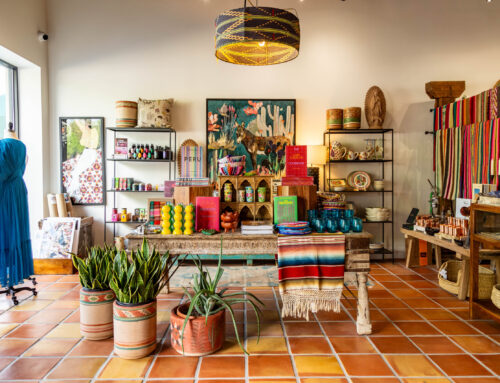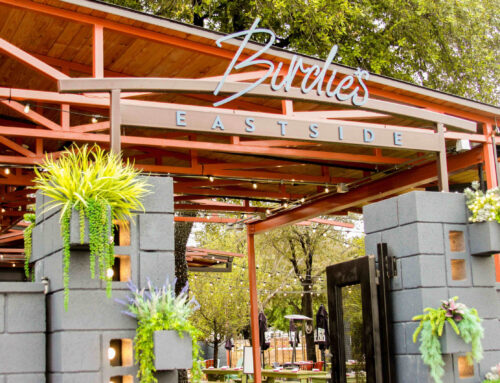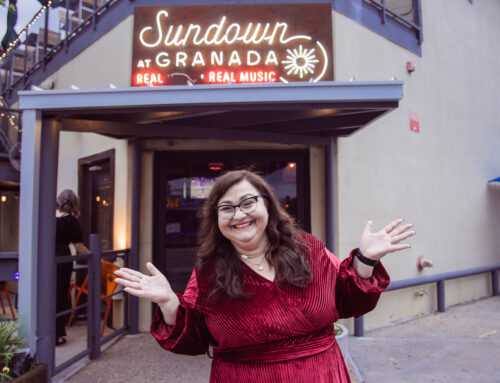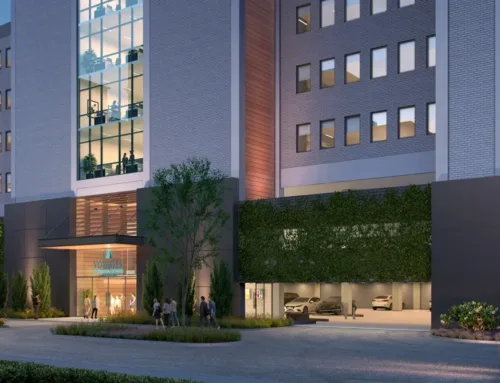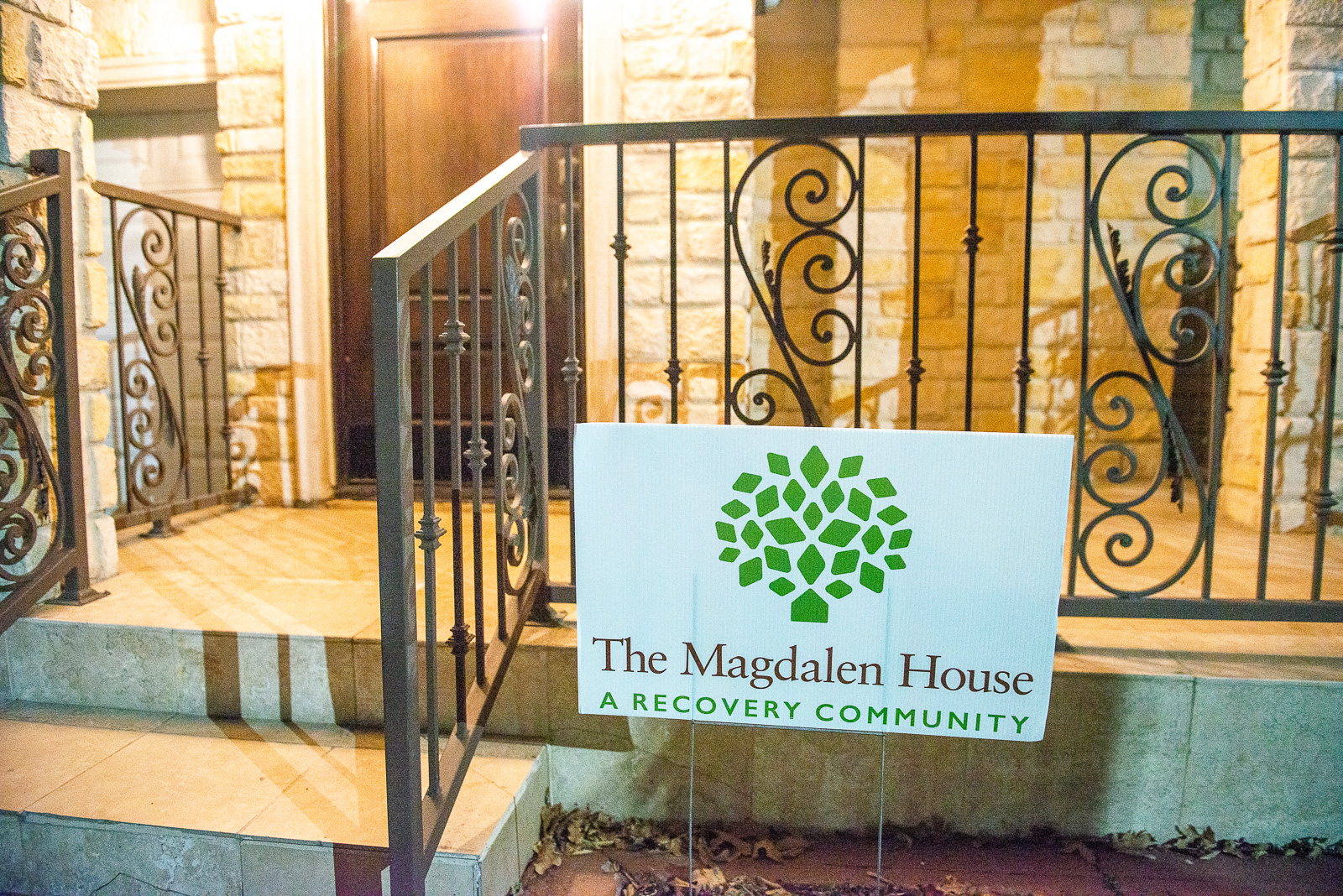
Neighborhood resident Austin Shook was 12 years old when he began drinking. He started by drinking a bottle of cinnamon schnapps each day, he says, but his problem quickly escalated to 80 ounces of hard liquor every day after school.
Shook graduated from alternative school at 18 before moving to Austin to be with his older brother; in Austin, he began “drinking till the sun came up” every night. From the time of his first drink, he says it took him almost 20 years to realize he had a “problem.”
At age 30, Shook’s journey towards recovery began. He had returned to Dallas and was motivated to stop drinking in order to pursue a romantic relationship.
“Little did I know at the time, my alcoholism had progressed to the point where I can no longer stop for any other human power. I couldn’t stop for my mom, I couldn’t stop for my employers … and I couldn’t stop for the woman I loved,” Shook says.
Eventually, Shook received treatment for his alcoholism, spending thousands of dollars on his year of recovery but also finding his passion: working with nonprofit recovery organizations throughout DFW.
Now, Shook serves as the director of men’s programs, a new initiative for the Magdalen House, which has traditionally served women.
Shook, who helped establish the community volunteer program for men at Grace United Church at 4105 Junius Street, operates the Magdalen House’s men’s program.
For 36 years, Magdalen House has educated and empowered women battling alcoholism, offering recovery options at no cost.
There has always been a need for a men’s alcohol recovery facility, says Magdalen House CEO Lisa Kroencke. However, it wasn’t until about two years ago that Magdalen House’s executive board brainstormed the idea to open a men’s program in Old East Dallas.
“We were a little small mom-and-pop organization in Little Forest Hills for years,” Kroencke says. “When we decided we were going to take this women’s program and really grow it to be an advocate for alcoholic women in the community of Dallas … the momentum continued to build, and we started growing, which is when people started asking us about the men’s program.”
The men’s facility is smaller than the program for women and will remain at limited capacity for at least a year, Kroencke says. The group hopes to eventually house as many as 12 men at a time.
For now, the men’s program will operate out of a rented house on Caddo Street in Old East Dallas. Although the nonprofit hopes to operate its men’s program in a permanent space some day, renting allows the group to kickstart the men’s program, Kroencke says.
Though the men’s program is new, its curriculum will mimic the women’s first-step program.
The Magdalen House is the only agency in the Dallas-Fort Worth area to offer comprehensive recovery services — without insurance or state funding — free of charge through two primary programs to achieve sobriety, First Steps and Next Step.
For both men and women, the First Steps program is a two-week, residential program for alcoholic individuals, providing them with education and resources to build a foundation of long-term sobriety.
Following is the Next Step program, a three-month, non-residential program, offering support and structure to sustain sobriety after the First Step program.
It’s difficult to find a 14-day recovery program at no cost, Shook says. Some programs are state-funded or covered by insurance, but those programs focus on medical approaches, whereas the Magdalen House focuses on spiritual approaches.
Each person who seeks recovery through the Magdalen House is required to complete a phone screening that ensures the individual is a suitable fit, that she or he is seeking sobriety from alcohol, can undergo non-medical detox and is medically stable with no other concurrent diseases besides alcoholism.
“It has been incredibly humbling to see the community support that is already in place for Magdalen House, and the ease at which we’re going to be able to replicate it for men just kind of has me blown away,” Shook says.
For those seeking help, the Magdalen House can be reached at 214.324.9261. People can also submit a First Step Form online at magdalenhouse.org.

